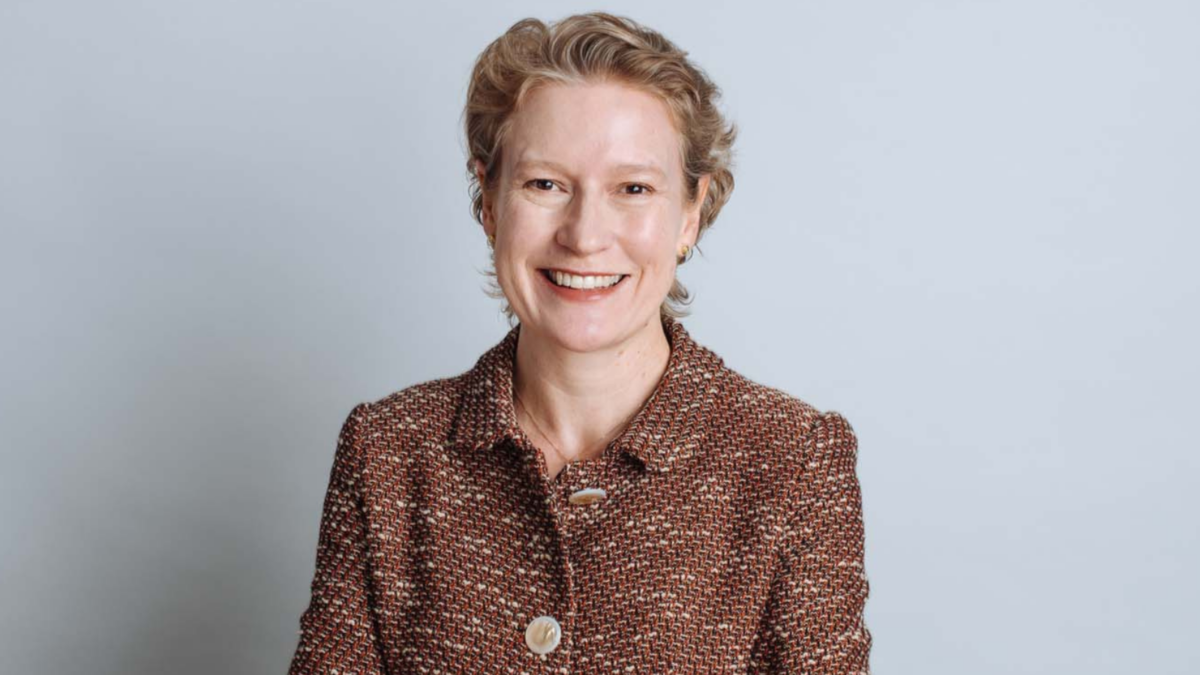US still on top in venture… but the good stuff is not getting the money
Since the global financial crisis there has been a drying up of investing in not only venture capital but in the sort of venture capital which creates most jobs. But, if you look at the history of job-creating “big ideas”, which are venture backed, that is exactly what investors should be looking at right now.
Work by Adveq, the Swiss-based private equity funds-of-funds manager, shows that venture capital has the potential to drive the rejuvenation of the global economy.
According to Steven Yang, the New York-based head of Adveq’s technology investments, the benefit of investing in new companies is more tangible today and the value created for investors more significant than ever.
“For the category leaders it takes less time to achieve $US 200 billion in market capitalization than ever before and this trend will accelerate,” he says.
“Twenty years from now, more than half of the top 20 US companies by market capitalization will be formerly venture-backed companies.”
Some Harvard academics have split the venture world into three main categories, which can be broadly described as: market-forming or ’empowering’ innovations; product sustaining enhancements; and efficiency driven changes. Since the GFC, the market-forming innovations, or what Yang calls “big ideas”, have seen much less investment capital coming their way than the other two.
Sustaining enhancements, such as the invention of the hybrid car which will extend the life of the auto product category in an energy-poor world, don’t add much to employment. Efficiency driven changes, of course, tend to reduce overall employment. But it is these “smaller ideas” which are getting the bulk of the money.
Clayton Christensen, a business professor at Harvard, said in a piece in the New York Times on November 3: “Capital fuels capitalism. And yet cash hoards in the billions are sitting unused on the pristine balance sheets of Fortune 500 corporations. Billions in capital are also sitting inert and uninvested at private equity funds.”
Yang does not disagree. But he points out that the global economy creates a remarkably consistent number of about 1,500 new companies every year. Until the mid-1990s, nearly 90 per cent of venture funding was from the US, with the rest from Europe. Since then, and China’s entry to the market in the late 1990s, the total contributions have grown but the US proportion has slipped to about 70 per cent.
The US, also, remains the hub for venture managers, although the total universe of managers is shrinking. As of this month, there were 130 such active managers in the US (with $US100 million minimum fund size), compared with 50 in Asia, 30 in Europe, 10 in Latin America and 20 in the rest of the world.
Yang predicts that the US will remain the dominant innovation hub. He also thinks that it is not necessarily a bad thing that the number of managers is shrinking, as the average quality of manager is probably improving.
Another interesting fact is that the last two years, with a rebound in the US stock market, have shown a high proportion of successful exits for the venture firms. Of the top 20 US venture-backed M&A and IPO liquidity events of the last 10 years, 14 have been since 2010.
Adveq, which invests across the range of venture categories in its funds, Yang points out, had positions in 14 of the 20 top US exits, including 10 of the 14 of the past two years.









